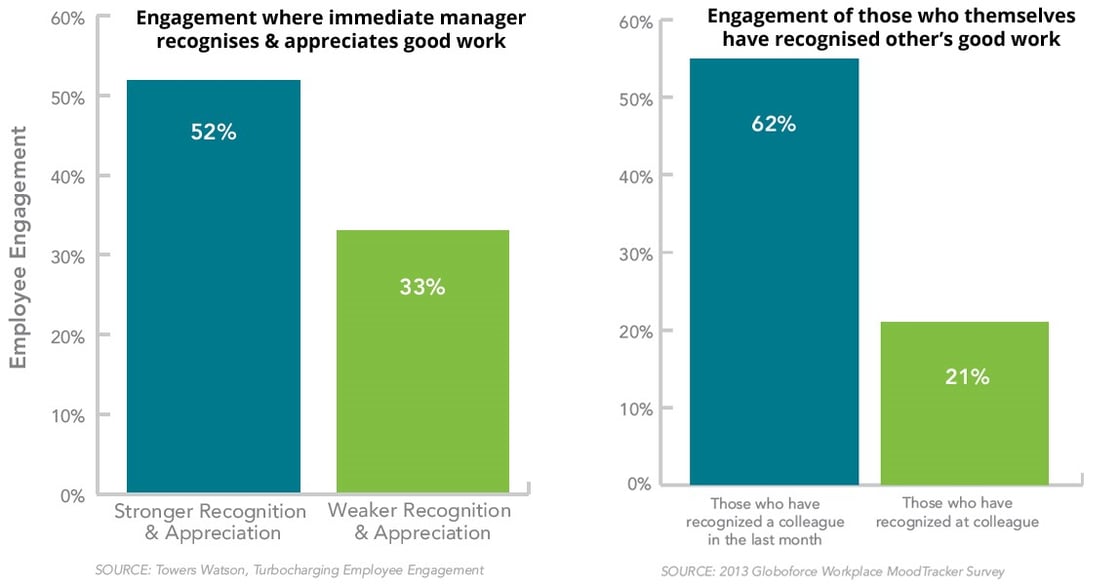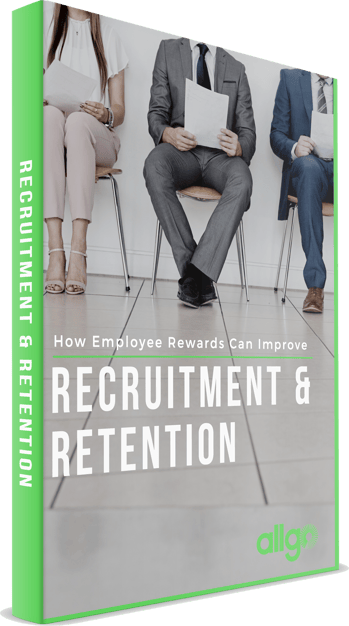
There's been a lot of talk recently about the need for companies to get the culture right in order to attract and retain the right employees. In the competitive talent market, "fit" with the company's culture is probably the single most important factor is determining how successful a potential new employee will be.
And that fit is based both on a deep understanding of the company's culture, and an effective plan to recruit people that will thrive in that culture.
Recruitment processes are becoming ever more sophisticated – both for companies and candidates. Potential candidates want to know what it would be like to work for you before they even apply.
Employer brand, employer awards, employee-review sites, end-to-end interviewee experience, and peer-led onboarding are all becoming integral part of recruitment processes. And through these developments, the company corporate culture becomes more open and obvious, and more attractive to the right candidates.
Our most recent recruit in Allgo – in a sales and marketing role – actually rang up our customer service line before his interview, and posed as a prospective new client to see what the customer experience was like. Not just once, but 3 times! (he got the job).
Employees who are more actively engaged with a company’s culture, reinforce that culture. This in turn makes it easier to recruit & retain people who clearly identify with the prevailing culture. In fact, companies with high employee engagement have 41% lower absenteeism and crucially up to 59% lower staff turnover.

The other side of this coin, of course, is that if your employees are disengaged (or incompatible) with your company culture, absenteeism and turnover will be badly affected. And that's a real killer for any company that's trying to grow.
Many companies strive for a work culture based on their corporate values - a written set of values & behaviours that reflect how the company would ideally like to be. But you have to ask the question - how many employees in your company know what your corporate values are, let alone how they should be implemented on a daily basis?
What if your company’s core values were not just aspirational slogans, but were actively lived up to by your employees everyday? How would it affect recruitment & retention? And how could it be achieved?
How can you get more employees to be engaged with the company’s values and bring the culture to everyday work life?
That’s where recognition comes in. Employee Recognition is a powerful, and much underutilised tool, in developing culture and engagement. Yet, companies with more employee recognition enjoy higher margins, better customer service, and more productivity.

Unfortunately, praise-giving is NOT a natural human trait, and especially not for under stress managers!
Employee Recognition Programmes come in many forms, and one of the most effective is Peer Recognition. This is simply because on a daily basis, it is co-workers who witness and experience the good work of their colleagues, even more than immediate managers.
Peer Recognition empowers employees themselves to nominate co-workers for everyday work moments that support the company values and culture. Moments that might otherwise go unnoticed or unrecognised, thus undermining instead of promoting the company value system.
Peer Recognition works in any size company, though it does require investment in a technology platform (like Allgo’s Reward Hub) that enables employees to nominate colleagues for rewards. Each nomination must identify the relevant company value (and possibly associated behaviour) and give a short personal explanation to support the award.
Nominations can then be collated and reviewed for reward – either in the form of Employees of the Month, or points or other rewards for everyone successfully nominated. The most sophisticated Peer Recognition programmes require no approval, and every co-worker has a monthly reward budget that they can allocate as they see fit. Rewards are normally built into the platform so once approved, the employee receives their reward immediately, and in Ireland the rewards can be configured to be compliant with the €500 Small Benefit tax scheme.
One of the great things about Peer Recognition is that not only is it motivating for the reward recipient, it is also highly engaging for the colleague who nominates.

So to embed the company culture into every employee's workday, and to reap the benefits in terms of recruitment & retention, you must ensure that your Employee Recognition Programme actively supports your culture.
In the latest eBook from Allgo, we look in detail at how employee rewards can help improve both recruitment & retention. Download it for free today by clicking the Download Now button below
 |
Download our FREE eBook:
|




